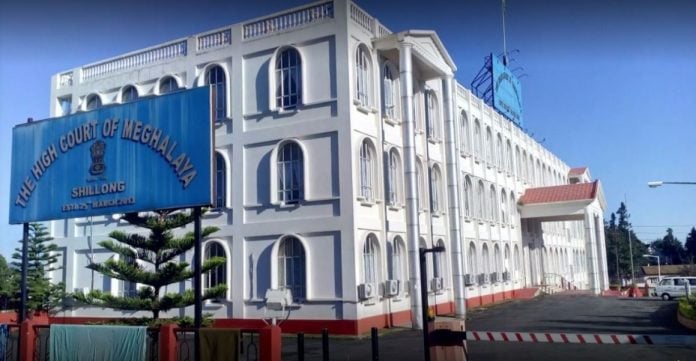The Meghalaya High Court has observed that it is the State’s responsibility to ensure that there is adequate availability of electricity as per demand and plans should be in place to meet the increased future demands.
The Division Bench of Chief Justice Sanjib Banerjee and Justice W. Diengdoh heard a Public Interest Litigation (PIL) filed by one Flaming B. Marak complaining of rampant power cuts in the State and the arbitrary load-shedding that has been resorted to by the respondent officials.
“Ironically, even while the order is being dictated, the power supply to this Court has been interrupted. The power has resumed within a few seconds, but it may be a sign that the State ought to give an adequate answer “, the Court said.
It is submitted on behalf of the second respondent Chairman of the Meghalaya Energy Corporation Limited that the monthly demand of power is to the extent of 200 million units and the availability is only 88 million units.
According to the second respondent, such shortfall is because of a power plant in Tripura being shut down for technical reasons and the State finding no alternative source for power.
“Electricity is no longer a luxury. It is the State’s responsibility to ensure that there is adequate availability of electricity as per demand and plans should be in place to meet the increased future demands. Indeed, it is also open to the State to buy power from the open grid and enter into arrangements with power companies, several of whom operate in the North-East, to ensure that adequate electricity is available to the citizens, subject to the cost therefore being met by the citizens.”
The State and the MeECL were directed to file independent affidavits to indicate the immediate, the short-term and the long-term measures and projections of demand and plan of action during accidental shutdown of any power plant and alternative sources that may be available.
The Court indicated that in a matter pending before the High Court, the National Thermal Power Corporation Limited has made a huge claim running into several hundreds of crores against the State for the State having entered into an agreement to draw a minimum guaranteed amount of electricity per year, but ultimately failing to obtain the same.
Further the Bench directed that the affidavits should also indicate equitable distribution of load-shedding hours and the alternative arrangements made for essential services like hospitals, airports and key installations. Matter is listed on May 30, 2023 for further hearing.


